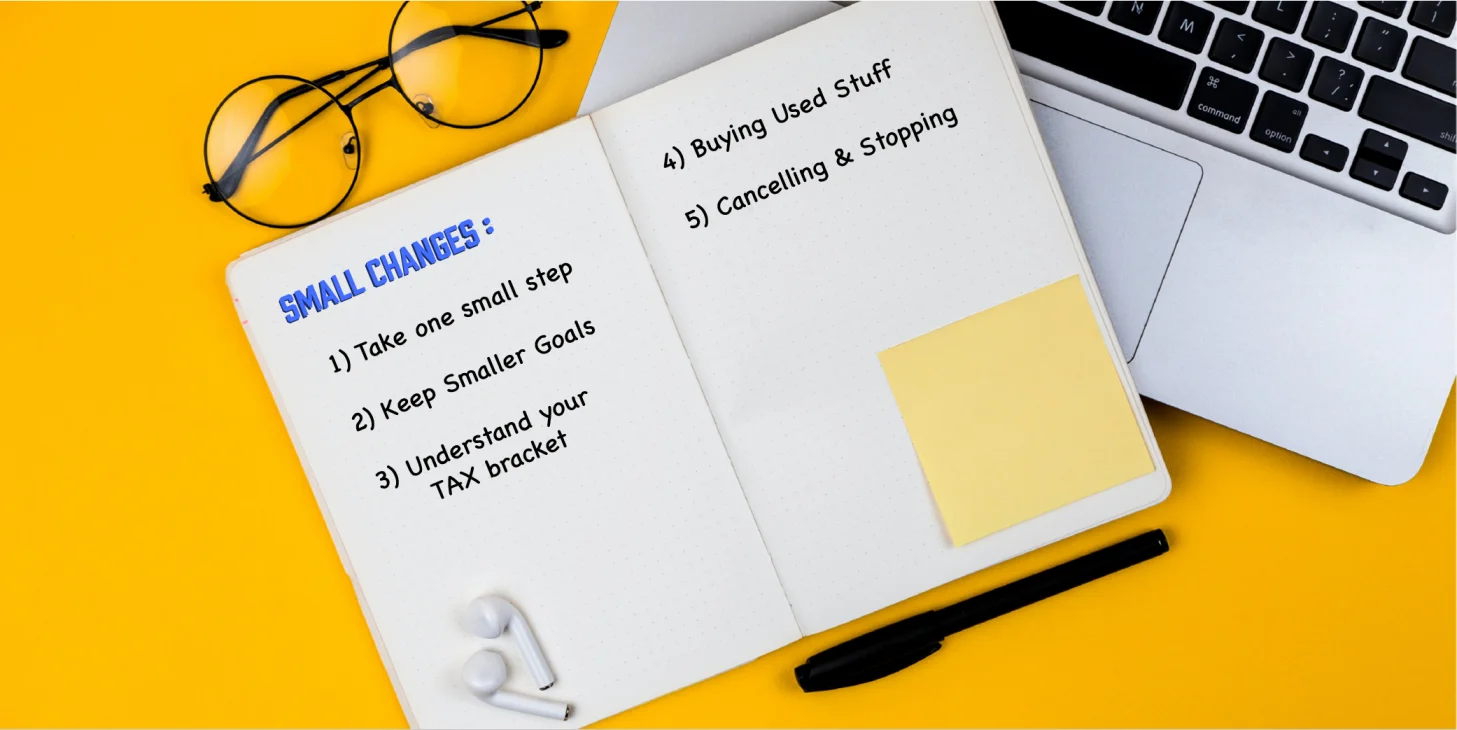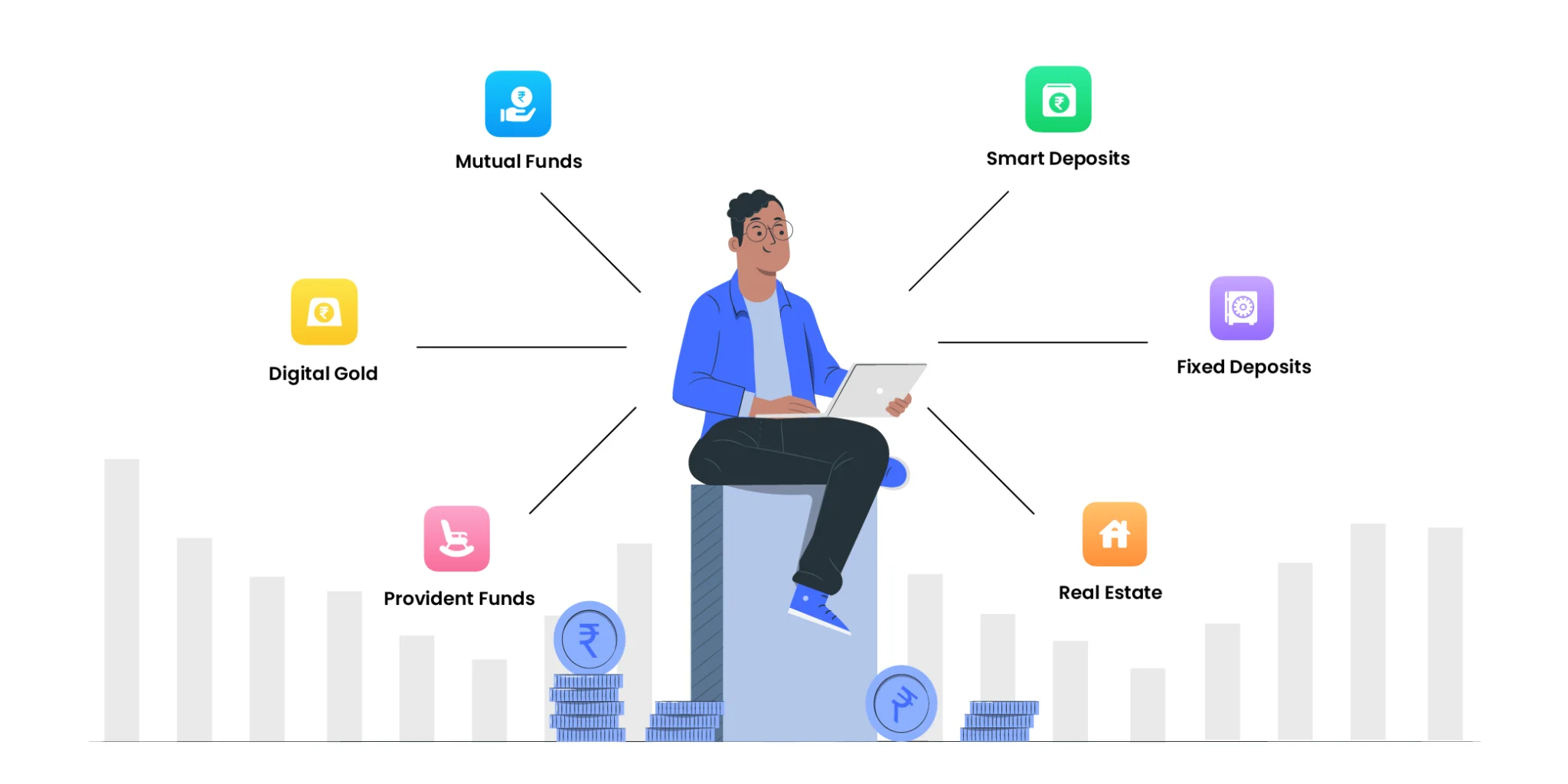Money management is an essential aspect of life. Most people in developed countries have their money managed by an advisor. However, such advisory services often come with a hefty fee. In addition, investors may lose control over your finances.
Hence, there are various ways to manage finances. We need to decide which method is best and most convenient for us.
A solid plan is necessary to keep finances in top shape. This plan includes understanding how to manage money for the short and long term.
Here is a list of things you must consider to manage money efficiently.
Do Proper Budgeting
Create a Budget. Every family is different, with specific income and expenditure limits. Knowing what you can and cannot afford makes it easier to track expenses. Eventually, it will lead to smarter spending decisions.
The following tips can help us budget efficiently:
1. Set realistic goals. Save a little. Create a budget that allows your family to live comfortably.
2. Track expenses consistently. Keeping a tab on spending helps determine areas where saving is possible.
3. Be persistent. It may take some effort initially, but sticking to a budget will yield long-term rewards.
A budget is like an expense plan. It enables us to use our money wisely. For best results, you may use budgeting tools available online.
Benefits of a Proper Budget
1. It helps determine where our money goes.
2. It teaches us to be mindful of expenses and avoid unnecessary spending.
3. It prepares us to take on unexpected expenses or emergencies.
4. It allows us to build a corpus for post-retirement expenses.
5. It injects a sense of discipline – a trait that serves well in every walk of life.
Make Investing a Priority
Money can be managed best by investing. Investing is an integral part of our financial plan and can help you reach your financial goals.
To invest, you must determine how much money to put away and what kind of investments would be most appropriate for you.
Then, open a brokerage account and start investing in stocks, bonds, mutual funds, or other types of investments.
When investing, remember not to put all your eggs in one basket. Diversify the portfolio across different asset types (stocks, bonds, real estate). Diversification reduces the risk of loss and provides better growth potential. Aim to keep at least 30% of your assets in stocks for the highest possible return.
Create an Emergency fund
Creating an emergency fund is a great way to ensure you are prepared for financial emergencies, including job loss, medical costs, and more.
You should maintain an emergency fund or a cash reserve to manage your finances effectively. Put at least three months of your income in an emergency fund.
An emergency fund gives you a buffer for unexpected expenses like car repairs, home repairs, or medical bills. It helps ensure that you stay afloat without dipping into your savings account or other investments.
Learn about Taxes
Understand how taxes affect the bottom line. Such knowledge is critical to maintaining long-term financial stability. Further, calculate the central and state income tax liabilities and other applicable levies (for example, GST).
Also, remember that taxes take away a substantial chunk of income. Hence, investing in tax-friendly plans is essential to reduce the tax burden. For best results, speak to expert advisors who can estimate the tax liability and help you with tax planning.
Also read: 10 Best Ways to Save Money
Plan for Your Retirement
Retirement planning is crucial. It allows us to live our post-retirement years debt-free and comfortably. Remember that living expenses evolve. We cannot use present-day rates to estimate future expenses. Inflation typically causes prices to increase.
Hence, our retirement corpus must be inflation-adjusted. There are many retirement plans to choose from; explore all your options before picking one.
We’ve prepared a list of tips to help you get started:
- Create a budget and track your spending.
- Invest in low-cost index funds and ETFs (exchange-traded funds) that track broad market indexes.
- Consider annuities.
- Work with a financial advisor.
- Don’t touch your retirement savings, until necessary.
Takeaways
Every individual has different financial needs and preferences. So, there is no one-size-fits-all solution to managing money. However, the below tips will help keep the spending in check:
- Set realistic goals.
- Stick to budget limits and monitor the savings account regularly.
- Create a savings plan and invest in it to achieve long-term financial goals.
If you are prone to overspending, a few simple tips can help. First, institute good financial habits, such as setting realistic budget limits. Secondly, seek professional financial counseling to get a grip on your finances and curb overspending.
An excellent way to manage money is by allocating resources effectively. Numerous financial planning tools are available today to help track spending, earnings, and assets. Hence, finding an approach that continues yielding fruitful results is essential.
For specific money management issues, reach out to experts! A financial advisor can provide exceptional guidance and support to help you achieve financial goals. Sign up with Koshex to understand and manage your finances better.
FAQs
1. What are some common ways people save money?
People often save money by investing in different instruments and diversifying their portfolios. But the simplest way to save money is by understanding expenses and keeping them in check.
2. Why is it important to save money?
Saving money is essential because it allows us to build a rainy day fund or invest in long-term savings goals. Consequently, investing in a long-term savings goal can increase wealth over time, paving the way for a prosperous, worry-free retirement life.









Leave a Comment